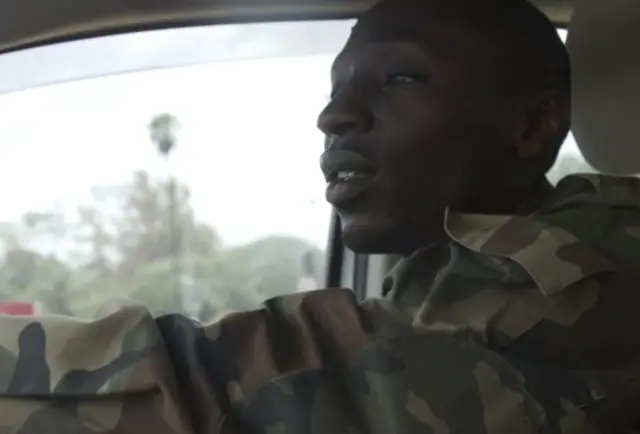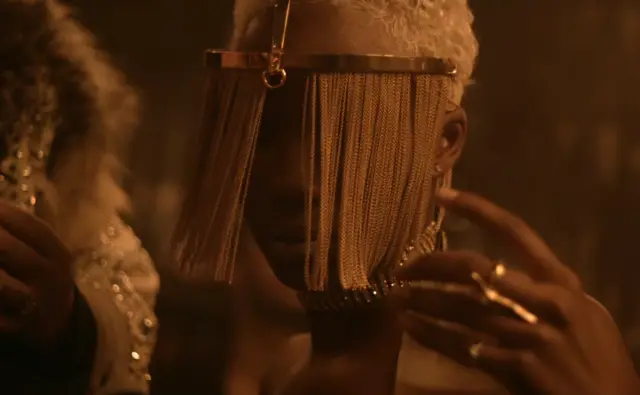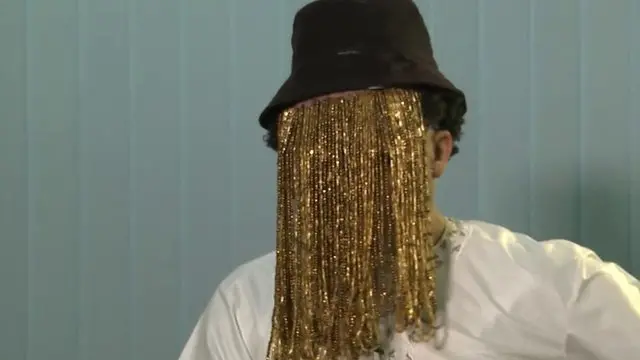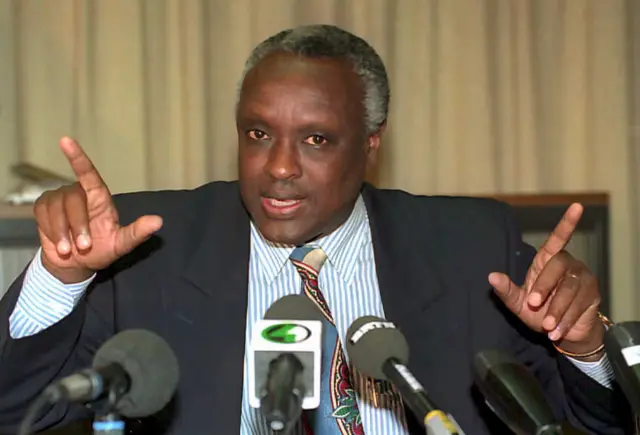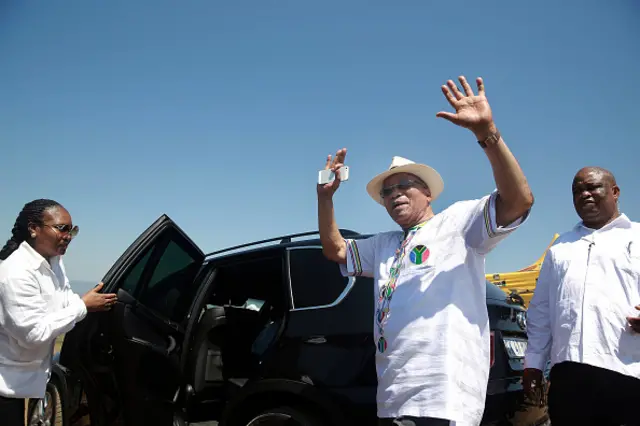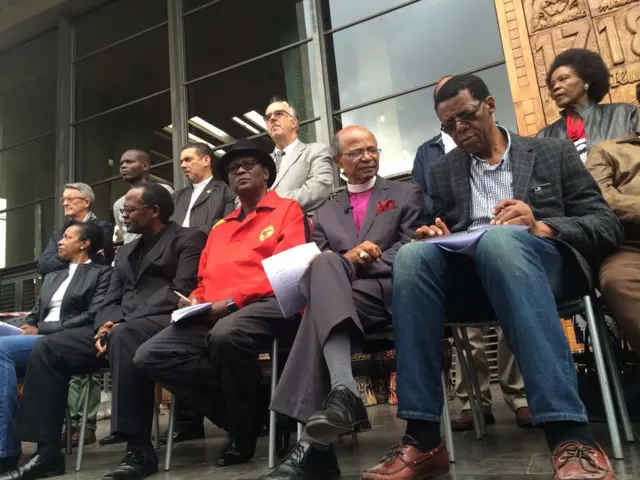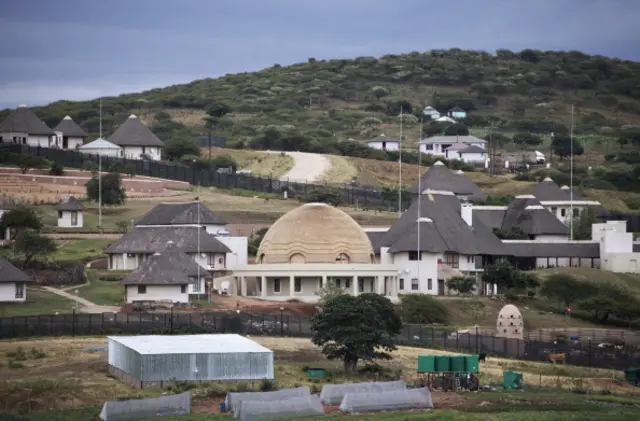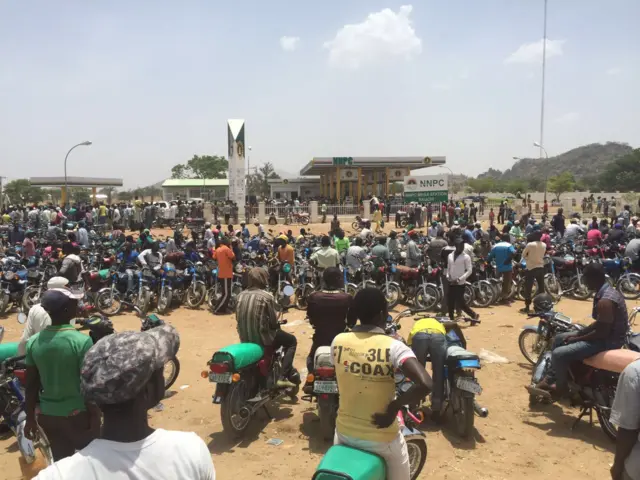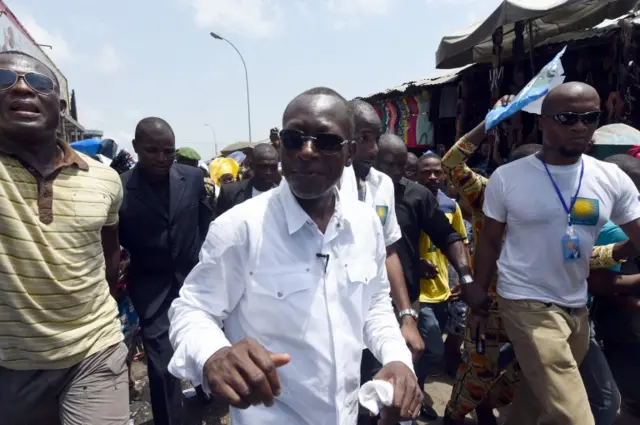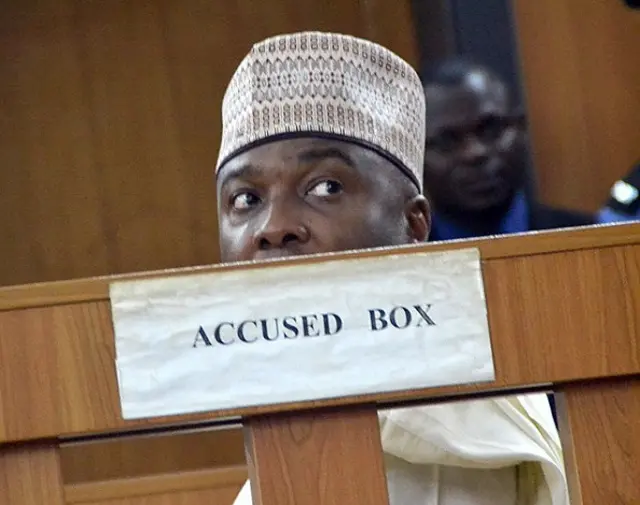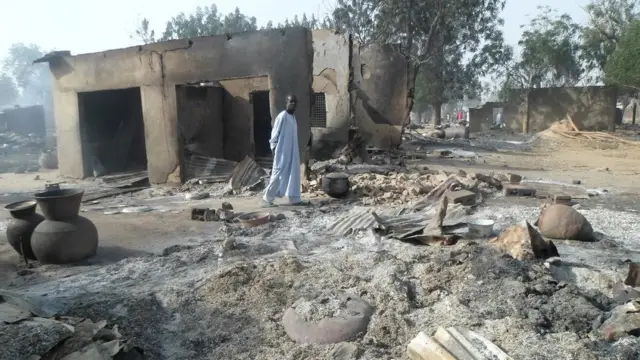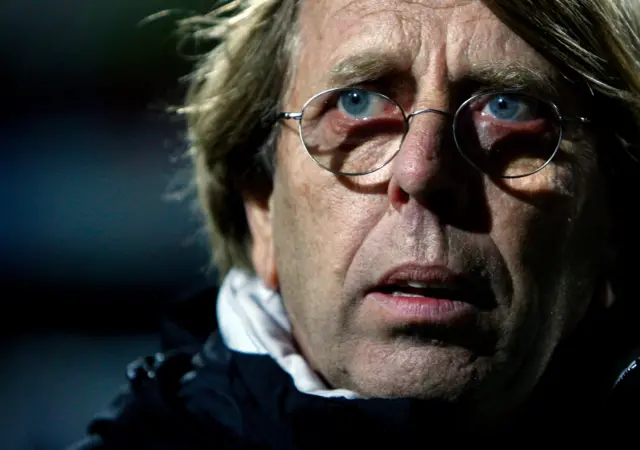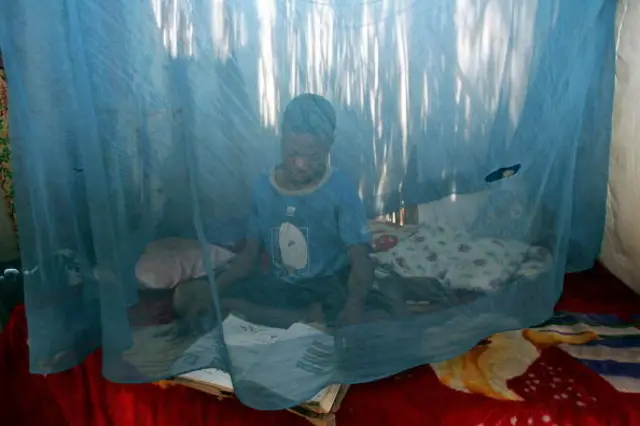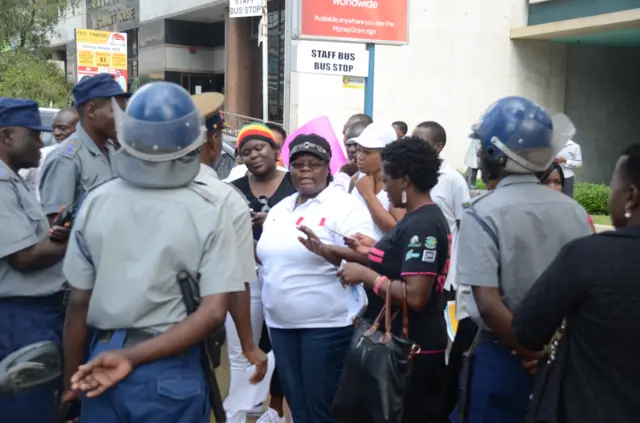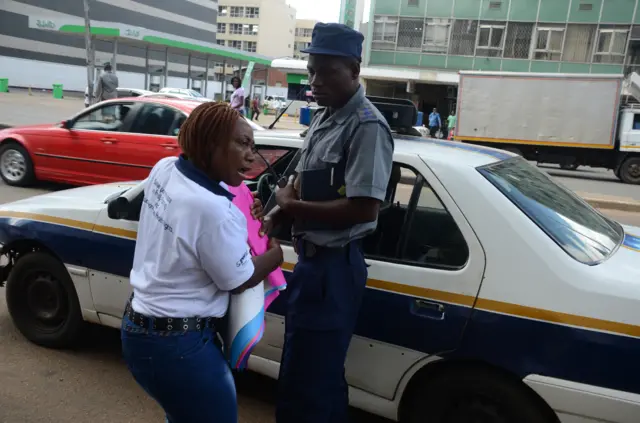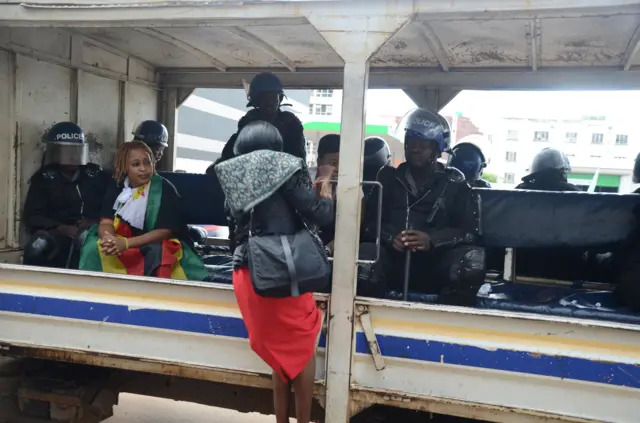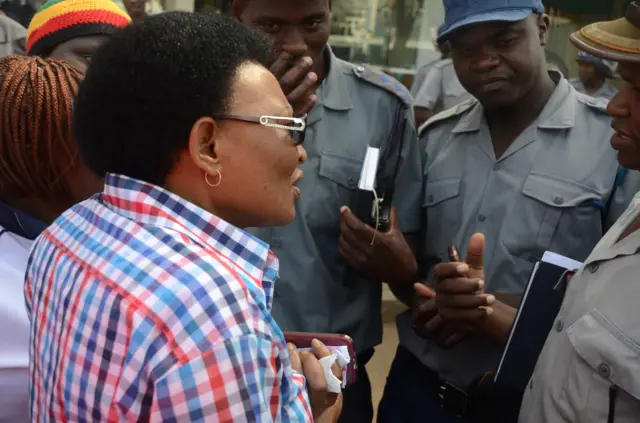Scroll down for Wednesday's storiespublished at 18:00
we'll be back tomorrow
That's all from BBC Africa Live today. Keep up-to-date with what's happening across the continent by listening to the Africa Today podcast or check the BBC News website.
A reminder of today's wise words:
Quote MessageWisdom is like a lost needle - a child could find it just as easily as an adult.
A Wolof proverb sent by Sarata Ngack Sowe, Bakau, The Gambia
Click here to send us your African proverbs.
And we leave you with this picture of rice crop harvesting in Embu, Kenya:
Allow Instagram content?
This article contains content provided by Instagram. We ask for your permission before anything is loaded, as they may be using cookies and other technologies. You may want to read Meta’s Instagram cookie policy, external and privacy policy, external before accepting. To view this content choose ‘accept and continue’.
